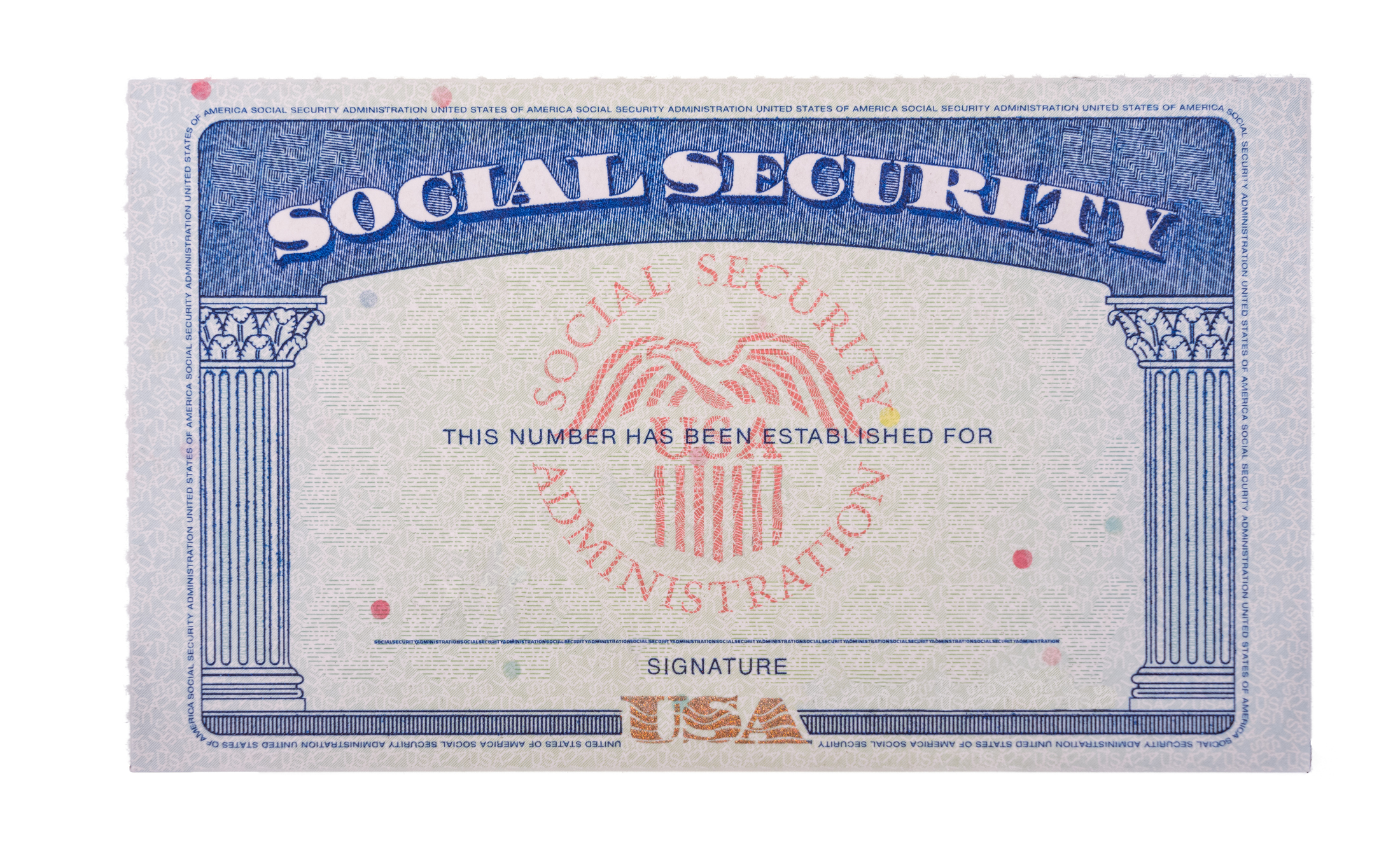
Personal Finance
The Motley Fool
3 Steps to Beat Social Security's Average Monthly Check
Why This Matters
There's a reason people are commonly advised not to retire on Social Security alone. The average monthly benefit won't go very far in helping seniors cover their costs. As of...
July 6, 2025
05:54 AM
4 min read
AI Enhanced
Positive
FinancialBooklet Analysis
AI-powered insights based on this specific article
Key Insights
- Earnings performance can signal broader sector health and future investment opportunities
- Financial sector news can impact lending conditions and capital availability for businesses
Questions to Consider
- Could this earnings performance indicate broader sector trends or company-specific factors?
- Could this financial sector news affect lending conditions and capital availability?
Stay Ahead of the Market
Get weekly insights into market shifts, investment opportunities, and financial analysis delivered to your inbox.
No spam, unsubscribe anytime